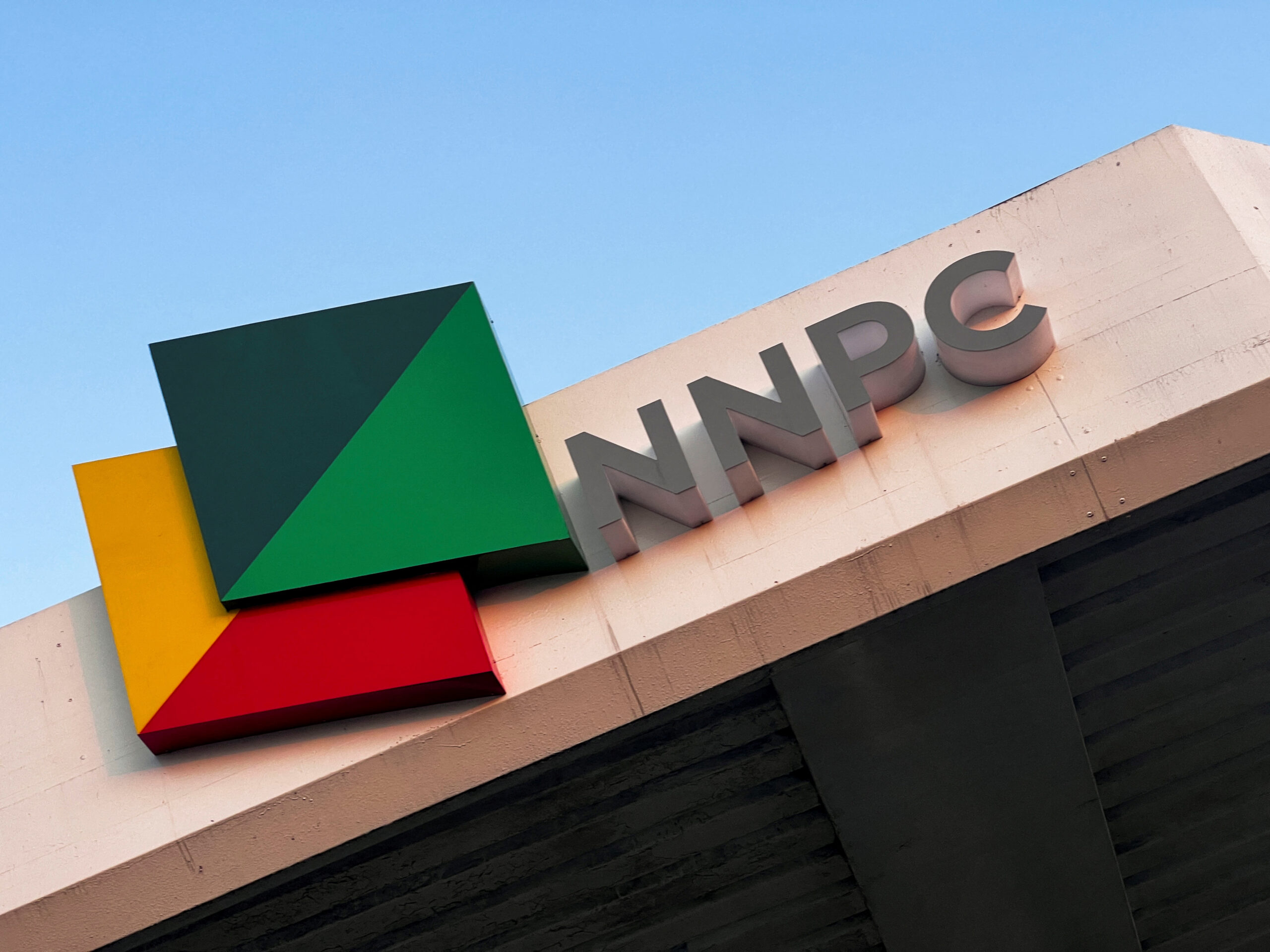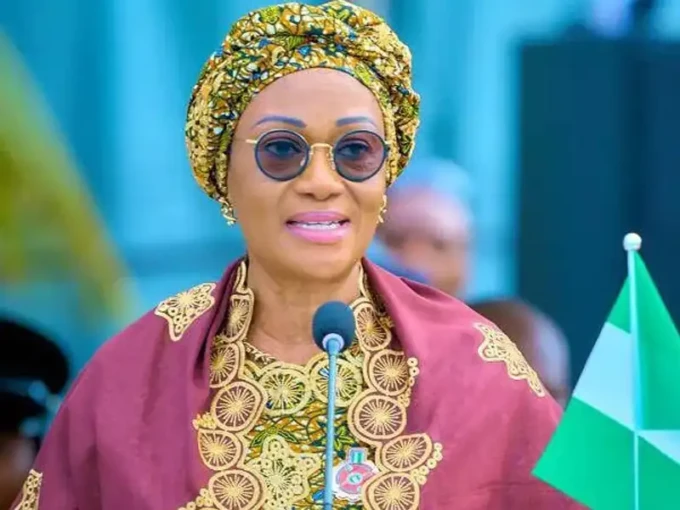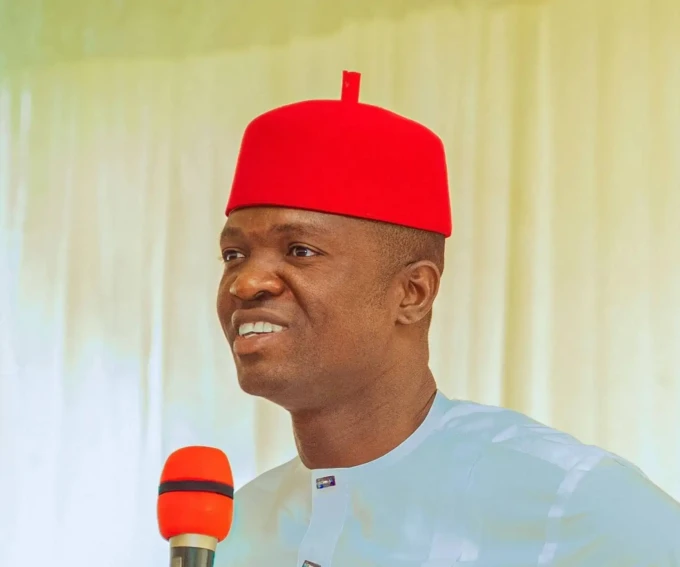Nigeria’s government has intensified efforts to curb the cultural practice of “spraying” naira notes at social events, a tradition where guests throw money over celebrants during weddings and parties. The Economic and Financial Crimes Commission (EFCC) is enforcing a 2007 law that criminalizes “naira abuse,” imposing fines and jail sentences of up to six months for offenders. This move aims to strengthen the naira, which has depreciated by 70% due to recent economic reforms, including currency devaluation and subsidy cuts.
Critics argue that targeting ordinary citizens for cultural practices while corrupt elites remain unpunished is a misallocation of resources. The crackdown, which has already led to dozens of convictions, has sparked controversy over cultural expression and selective law enforcement. Despite this, enforcement has not materially improved the currency’s performance, prompting skepticism about its effectiveness. Some view the policy as an attempt to foster patriotism and respect for the currency, though questions remain about whether punitive measures are the right approach.
The act of spraying remains deeply embedded in Nigerian culture, especially among the Yoruba, highlighting a tension between tradition and economic reform. The EFCC has stated that it prosecutes without fear or favor, emphasizing that the act of mutilating the naira notes has become a menace. However, some Nigerians feel that the EFCC should focus more on high-profile corruption cases rather than cultural practices.
In response to the crackdown, some individuals have turned to alternative methods of displaying wealth at social gatherings. For instance, some have opted to spray U.S. dollars instead of naira, circumventing the law against defacing the national currency. This shift has raised concerns about the dollarization of the economy and the potential impact on the naira’s value.
The debate over the spraying of money at parties underscores the broader challenges Nigeria faces in balancing cultural traditions with economic policies aimed at stabilizing the national currency. As the government continues to enforce these measures, the conversation about the intersection of culture, law, and economic policy in Nigeria is likely to evolve.











This crackdown on spraying money seems extreme. Shouldnt people have the freedom to celebrate how they want? Seems like overreach to me.
I think its ridiculous to criminalize spraying money at parties. Let people enjoy themselves without unnecessary restrictions on their cultural practices.
I dont see the big deal with spraying money at parties. Its a tradition and adds to the fun atmosphere! #LetPeopleEnjoyThemselves
This crackdown is absurd! Spraying money at parties is a cultural tradition, not a threat to the currency. Let people enjoy their celebrations!
I cant believe theyre cracking down on party money spraying! Its a cultural tradition, not a crime. Let people enjoy their celebrations.
I dont see the big deal with spraying money at parties. Let people have their fun without government interference!
This crackdown on spraying money at parties in Nigeria is a bit extreme, dont you think? Let people have their fun!
I mean, I get its about protecting the currency, but come on, spraying money at parties is just a cultural thing!
This crackdown on spraying money at parties in Nigeria is ridiculous! Let people have fun and spend their money how they want.
This crackdown on spraying money at parties seems excessive. Let people have fun without government interference!
I cant believe theyre cracking down on spraying money at parties! Let people have fun and enjoy their celebrations. #LetThemSpray 🎉💸
This crackdown on money spraying at parties is ridiculous! Let people have fun and spend their money how they want. #LetThemSpray 💸
I cant believe theyre cracking down on party money spraying! Its a fun tradition, why ruin it? #LetThemSpray 💸🎉
This crackdown seems extreme, cant people enjoy parties without worrying about the currency? Let the money rain!
I think its ridiculous to ban spraying money at parties. Let people have fun and express themselves! #LetTheCashRain 💸🎉
I dont get why theyre cracking down on money spraying at parties. Let people have fun and celebrate! Whats next, banning birthday cakes?
I mean, is throwing money at parties really that big of a deal? Let people have their fun! #LetThemSpray 💸🎉
This crackdown on spraying money at parties in Nigeria seems like a strange move. Let people have their fun!